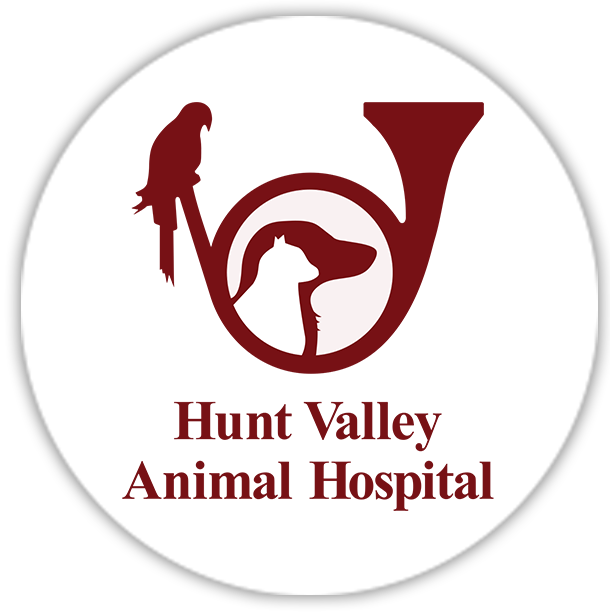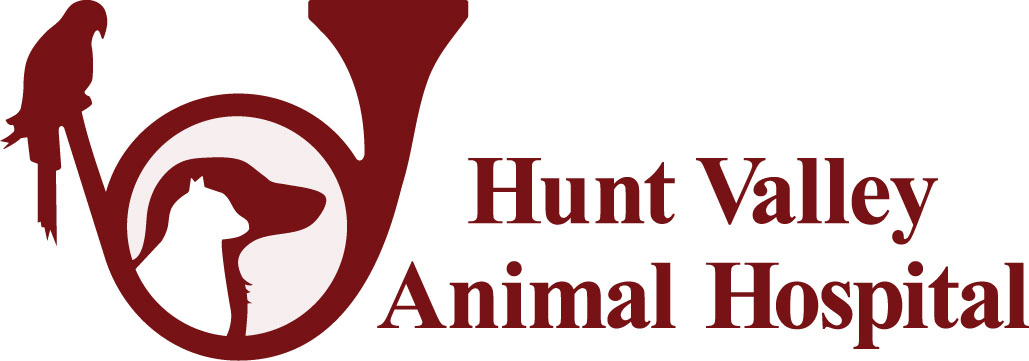Rhinoscopy
Pets, particularly dogs, tend to “follow their nose” in more ways than one. At various times a dog’s nose may be wedged into dirt, inhaling grass clippings, or pushing its way through a bowl of food. It’s not surprising, then, that a dog’s nose may collect foreign matter deep in the airway, causing breathing troubles, sneezing fits or bleeding. These extensive nasal passages may also develop tumors, fungal issues, internal inflammation or other serious threats to the pet’s wellness. To help view the interior of a pet’s nose safely and accurately, Hunt Valley Animal Hospital uses an advanced diagnostic technique known as rhinoscopy.
Rhinoscopy involves the use of a device called an endoscope. This length of tubing is introduced into the nasal passages under general anesthetic, which is necessary to prevent the pet from sneezing due to the resulting nasal irritation. The pet is also intubated through the mouth to prevent choking on any food or other matter that might otherwise enter the airway. The tubing of the endoscope is hollow, allowing a tiny camera to view interior details of the nasal passages. This visual information is then relayed to a monitor so the veterinarian can spot any abnormalities or foreign bodies lurking within.
It can also reveal the presence of an internal inflammation or infection. The rigid endoscope houses delicate surgical tools that can extract blades of grass, bits of trapped food, or suspicious growths that need to be biopsied for the sake of the animal’s wellness.
Trust the Caring Professionals at Our Hunt Valley Veterinary Facility
Pet owners may need to schedule a rhinoscopy if their pets suffer from unexplained nosebleeds or other discharges, constant sneezing or obvious respiratory problems. The veterinarians at our Hunt Valley veterinary clinic, Dr. Frank and Dr. Johnston, will evaluate the pet’s general wellness, veterinary history and current symptoms before confirming the advisability of the rhinoscopy.
While some bleeding from the nose, a part of the body filled with tiny blood vessels, is to be expected, this bleeding is easily controlled. The procedure itself only takes a few minutes to complete in most cases. If your pet does require a rhinoscopy, he should recover easily and quickly enough to come home with you the same day, although sometimes an overnight stay is recommended. If a sample is taken to the lab for a biopsy, we will inform you of our findings as soon as possible. If your pet is suffering inflammation of one or both nasal passages as the result of an infection or allergy, we will recommend the appropriate course of treatment to get the condition under control. We encourage anyone whose pet suffers from sneezing or unusual nasal discharges to contact our Hunt Valley veterinary office for an appointment.
Does your pet suffer from unexplained nosebleeds?


